


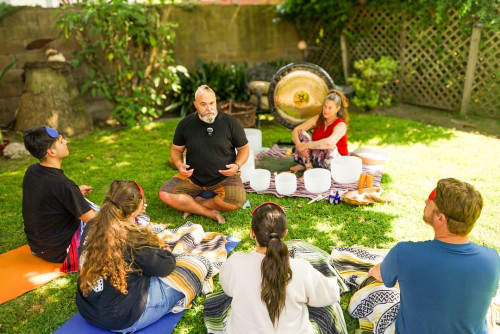





Tarzana Recovery
Verified Center
This provider's information has been quality-checked by Recovery.com's Research Team for accuracy and completeness, including center verification through appropriate third-party organizations.
Treatment Focus
This center treats substance use disorders and mental health conditions. You'll receive individualized care catered to your unique situation and diagnosis, learn practical skills for recovery, and make new connections in a restorative environment.
Primary Level of Care
Offering intensive care with 24/7 monitoring, residential treatment is typically 30 days and can cover multiple levels of care. Length can range from 14 to 90 days typically.
Treatment Focus
This center treats substance use disorders and mental health conditions. You'll receive individualized care catered to your unique situation and diagnosis, learn practical skills for recovery, and make new connections in a restorative environment.
Primary Level of Care
Offering intensive care with 24/7 monitoring, residential treatment is typically 30 days and can cover multiple levels of care. Length can range from 14 to 90 days typically.
Provider's Policy
Tarzana Recovery DOES NOT accept Medicaid, Medicare, or state insurance (Medi-Cal). However, we do work with most major insurance providers to support your recovery journey. Contact our team to verify your insurance and discuss coverage options for treatment at Tarzana Recovery or any of our other facilities.
Tarzana Recovery
Tarzana Recovery
About Tarzana Recovery
Tarzana Recovery treats the whole person by prioritizing both mental health and addiction simultaneously to ensure sustainable recovery. They provide medical detox and luxury residential treatment that honors each client’s individual journey. They believe recovery involves more than therapy and hard work; they combine fun, sober activities with evidence-based and holistic therapies to stimulate client growth and healing.
Explore Evidence-Based & Alternative Therapies
Tarzana embraces a holistic approach that includes 24/7 medical supervision, diverse therapies, and a supportive community. Each client works with a case manager and personal therapist to develop a personalized plan. Evidence-based therapies include cognitive behavioral therapy (CBT), dialectical behavior therapy (DBT), psychiatry, family therapy, and trauma-informed therapies such as eye movement desensitization and reprocessing (EMDR). Clients can explore alternative therapies like sound bath, reiki, and acupuncture, along with recreational options like art, music, and equine therapy. Individualized aftercare can include follow-up counseling, support groups, and relapse prevention strategies.
Receive Flexible, Compassionate, Tailored Care
Tarzana Recovery operates on three pillars: freedom from strict treatment, compassion over control, and customized care. They provide a flexible and supportive environment that empowers clients to explore unique pathways to healing, without judgment or rigid protocols. By combining empathy with tailored, evidence-based therapies, Tarzana addresses the unique physical, emotional, and psychological needs for sustainable recovery and a renewed sense of purpose.
Balance Treatment & Fun in a Restorative Environment
Tarzana provides a quiet, upscale setting that serves as a distraction-free oasis while still being close to LA. Clients enjoy private rooms and bathrooms, gourmet meals from a personal chef, and transportation services. Amenities like an infinity pool, hot tub, 24/7 gym, and gated outdoor lounge areas, along with activities such as surfing and bowling, promote relaxation and recreation. With tech-friendly features such as free WiFi and in-room TVs, Tarzana Recovery creates a space to heal while staying connected and maintaining professional responsibilities.
Highlights from the Center
Highlights
These highlights are provided by and paid for by the center.
Perfect for Professionals
Pet Friendly
Private Rooms Available
Tech Friendly
Center Overview
Treatment Focus
This center treats substance use disorders and mental health conditions. You'll receive individualized care catered to your unique situation and diagnosis, learn practical skills for recovery, and make new connections in a restorative environment.
Joint Commission Accredited
The Joint Commission accreditation is a voluntary, objective process that evaluates and accredits healthcare organizations (like treatment centers) based on performance standards designed to improve quality and safety for patients. To be accredited means the treatment center has been found to meet the Commission's standards for quality and safety in patient care.

Tarzana Recovery
Insurance Accepted
Cash Pay Rates
Estimated Cash Pay Rate
Center pricing can vary based on program and length of stay. Contact the center for more information. Recovery.com strives for price transparency so you can make an informed decision.




Other Tarzana Centers
Recovery.com Verified Listing
Recovery.com verified that the name, location, contact information and license to operate for this treatment provider are valid and up-to-date.

Joint Commission Accredited

Licensed by California DHCS
Recovery.com is an independent, third-party mental health resource. Verification does not imply endorsement and does not guarantee the quality of treatment services.
Meet Your Care Team
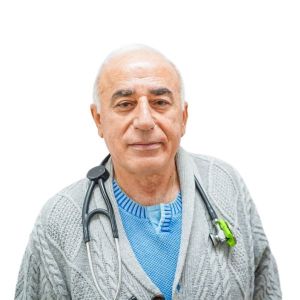
Dr. Hakop Oganyan
Treating Physician
MD, Addiction Medicine
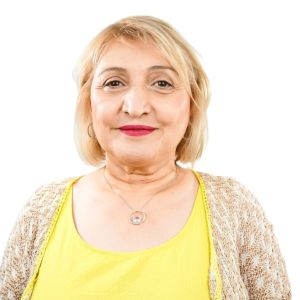
Dr. Lilit Yegiazaryan
Medical Director
MD, Psychiatry
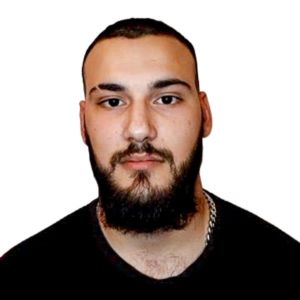
Adam Sargsian
RADT
RADT
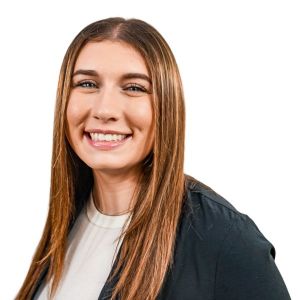
Karleigh Thomas
Operations Manager
RADT, CPR Child & Adult

William Gable
Brand Ambasador
RADT
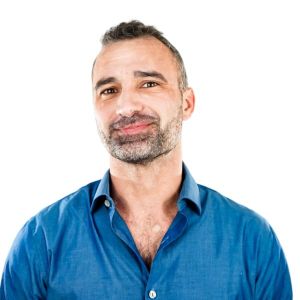
Bobby Kane
Program Manager (Laurel Grove Medical)
RADT
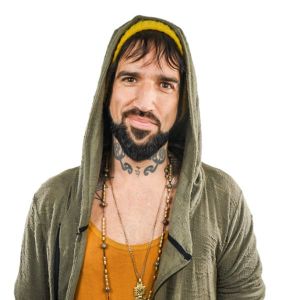
Austin Alexander
Addiction Counselor
RADT
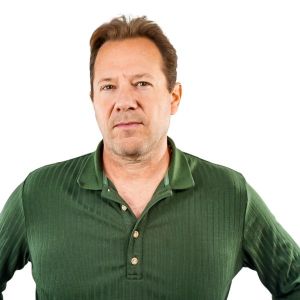
Asher Maslan
Case Manager
CADAC II

Ethan Nguyen
Addiction Counselor
RADT
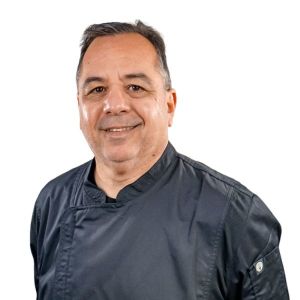
William Keith
Chef

Paul ILL
Clinical Therapist
AMFT, B.S

Jason Peterson
Marketing Manager
A.S, RADT
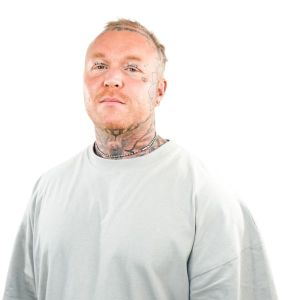
Elliott Paulson
Addiction Counselor
RDAT
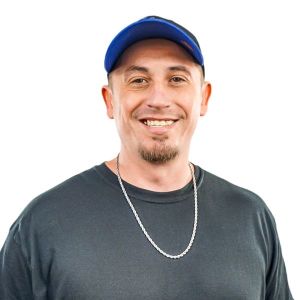
Ricky Brumley
Behavioral Health Technician
RADT
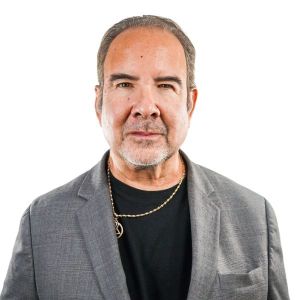
Dr. Benjamin Salazar
Board Member
PsyD, LMFT, CAT C IV
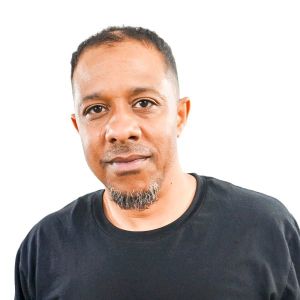
Clifton Bundy
Behavioral Health Technician
RADT
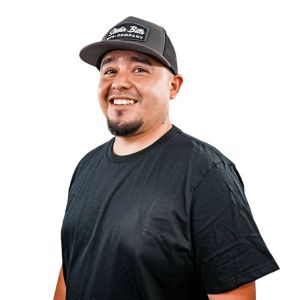
Sunny Torres
Operations Manager
RADT
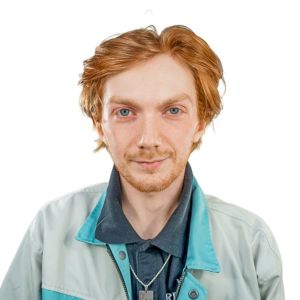
Michael Wiktorski
Admissions Coordinator
RADT, CPR Certified
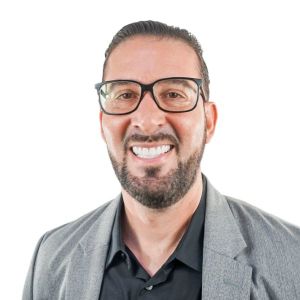
Ryan Mixon
Executive Director (Outpatient Care)
RADT

Michael Donlan
Admissions Coordinator
A.S, RADT
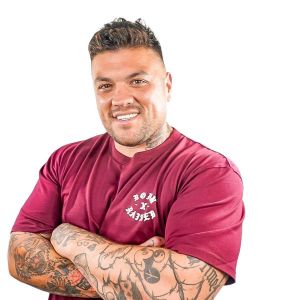
Brandon Oconnell
Social Media Manager
RADT
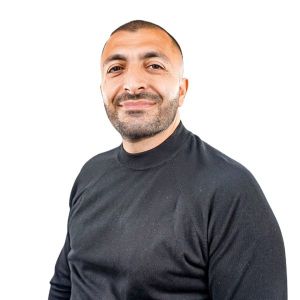
Raymond Zakaryan
Addiction Counselor
RAC
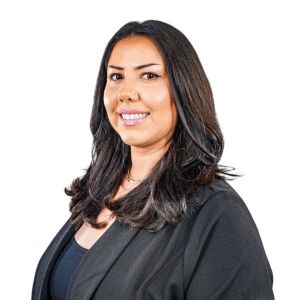
Shabnam Valipour
Admission Counselor
RADT, CPR and First Aid

Gary Rempe
Clinical Director
LMFT

Teressa Avery
Facilities Manager
RADT, CPR Certified

Theodore Higgins
Behavioral Health Technician
RADT, CPR Certified

Jenna LoCascio
Program Director
RADT, CPR Certified
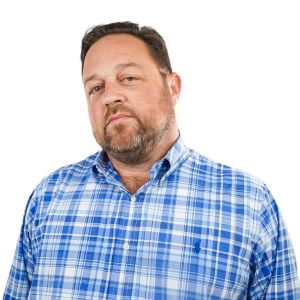
Ari Sussman
Program Manager
RADT
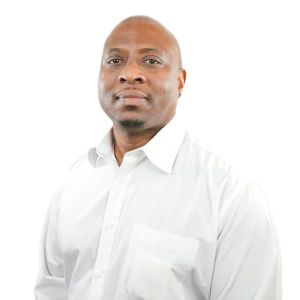
Mr. Knacio Moore
Addiction Counselor
CATC I

Bradley Goldhammer
TMS Technician
MagVenture TMS Certified
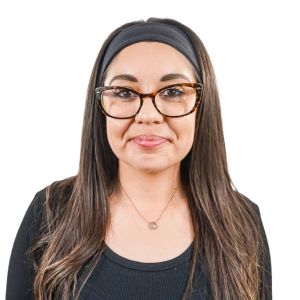
Rebecca Infante
Case Manager
RADT
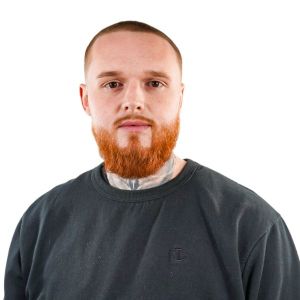
Todd Doughty
Documentation Specialist
RADT
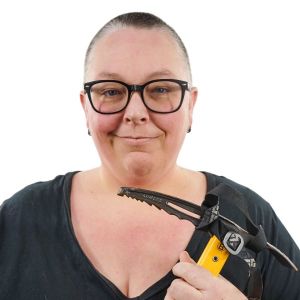
Lucas Crist
Case Management Supervisor
CADAC I
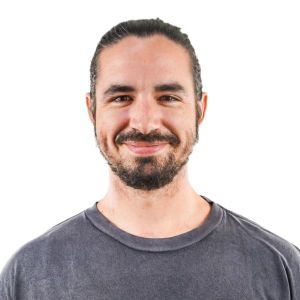
Ryan Young
Facilities Director
RADT

Ryan Bear
Behavioral Health Technician
RADT
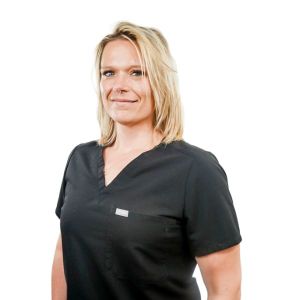
Amy Malone
Licenced Vocational Nurse
Vocational Nursing, LVN

Carter Mingee
Behavioral Health Technician
RADT, CPR, AED, First Aid, OSHA 10, Serv-Safe, Class D Guard Card
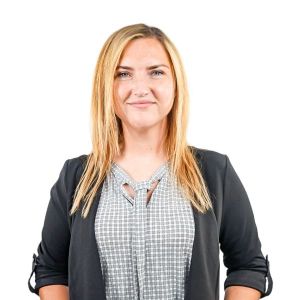
Katie Carlton
Registered Nurse
RN, CPR, RADT
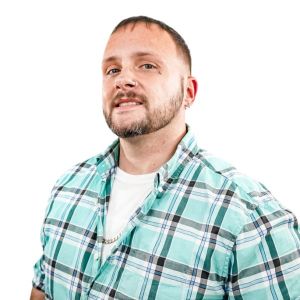
Matthew Morrow
Behavioral Health Technician
RADT, CPR

Daniel Shakarian
Behavioral Health Technician
RADT
Your Care Options
Specializations
Transcranial Magnetic Stimulation
Localized magnetic pulses stimulate areas of the brain to increase brain activity and reduce abnormal functions.
Alcohol
Using alcohol as a coping mechanism, or drinking excessively throughout the week, signals an alcohol use disorder.
Detox
Detox fully and safely removes toxic substances from the body, allowing the next steps in treatment to begin with a clean slate.
Pet Friendly
For greater comfort and healing, pet-friendly treatment centers welcome dogs and animal companions to stay with their owners while they attend treatment.
Young Adults
Emerging adults ages 18-25 receive treatment catered to the unique challenges of early adulthood, like college, risky behaviors, and vocational struggles.
LGBTQ+
Addiction and mental illnesses in the LGBTQ+ community must be treated with an affirming, safe, and relevant approach, which many centers provide.
Non 12 Step
Non-12-Step philosophies veer from the spiritual focus of the 12-Steps and instead treat the disease of addiction with holistic or secular modalities.
Ketamine Therapy
Ketamine therapy uses ketamine, a dissociative anesthetic, to provide rapid relief for severe depression, trauma symptoms, and other mental health conditions.
Who We Treat
Co-Occurring Disorders
A person with multiple mental health diagnoses, such as addiction and depression, has co-occurring disorders also called dual diagnosis.
Executives
Executive treatment programs typically directly support the needs of people who manage businesses and may provide flexible schedules and office space to allow work during treatment.
Young Adults
Emerging adults ages 18-25 receive treatment catered to the unique challenges of early adulthood, like college, risky behaviors, and vocational struggles.
LGBTQ+
Addiction and mental illnesses in the LGBTQ+ community must be treated with an affirming, safe, and relevant approach, which many centers provide.
Midlife Adults
For adults ages 40+, treatment shifts to focus on the unique challenges, blocks, and risk factors of their age group, and unites peers in a similar community.
Mild Disabilities
Adults with mild physical or intellectual disabilities receive treatment catered to their specific needs in a safe and clinically supportive environment.
Treatment Services
Detox
Detox fully and safely removes toxic substances from the body, allowing the next steps in treatment to begin with a clean slate.
Licensed Primary Mental Health
Some primary care providers offer mental health diagnosis and treatment. This can prevent patients from developing more serious conditions.
Private Therapy
This is an individual therapy that's often available at private therapy clinics. Clients may be able to choose a therapist who best fits their unique needs.
Residential
In a residential rehab program, patients live onsite, with access to daily treatment and 24-hour care. An average stay is 30-90 days.
Approaches
Evidence-Based
A combination of scientifically rooted therapies and treatments make up evidence-based care, defined by their measured and proven results.
Holistic
A non-medicinal, wellness-focused approach that aims to align the mind, body, and spirit for deep and lasting healing.
Personalized Treatment
The specific needs, histories, and conditions of individual patients receive personalized, highly relevant care throughout their recovery journey.
Therapies
1-on-1 Counseling
Patient and therapist meet 1-on-1 to work through difficult emotions and behavioral challenges in a personal, private setting.
Meditation & Mindfulness
A practiced state of mind that brings patients to the present. It allows them to become fully aware of themselves, their feelings, and the present moment.
Cryotherapy
Stepping into a chamber of extreme cold floods the bloodstream with nutrients and endorphins, helping reduce withdrawal symptoms and cravings.
Rational Emotive Behavior Therapy
A type of cognitive therapy that identifies negative self-defeating thoughts and behaviors, rewriting beliefs to be positive, empowering, and present.
Transcranial Magnetic Stimulation
Localized magnetic pulses stimulate areas of the brain to increase brain activity and reduce abnormal functions.
Mindfulness Therapy
This ancient practice can be mental, emotional, and even spiritual. In meditation, you focus your attention on the present moment without judgement.
Adventure Therapy
This experiential approach uses the physical and emotional challenges of outdoor activities as tools for personal growth.
Conditions We Treat
Grief and Loss
Grief is a natural reaction to loss, but severe grief can interfere with your ability to function. You can get treatment for this condition.
Personality Disorders
Personality disorders destabilize the way a person thinks, feels, and behaves. If untreated, they can undermine relationships and lead to severe distress.
ADHD, ADD
ADHD is a common mental health condition caused by dopamine imbalance. Common symptoms include inattention, hyperactivitiy, and impulsivity.
Anger
Although anger itself isn't a disorder, it can get out of hand. If this feeling interferes with your relationships and daily functioning, treatment can help.
Anxiety
Anxiety is a common mental health condition that can include excessive worry, panic attacks, physical tension, and increased blood pressure.
Bipolar
This mental health condition is characterized by extreme mood swings between depression, mania, and remission.
Burnout
Burnout entails mental and physical exhaustion, and leads to a severe lack of fulfillment. This condition is often caused by overwork.
Chronic Pain Management
Long-term physical pain can have an affect on mental health. Without support, it can also impact your daily life and even lead to addiction.
Substances We Treat
Alcohol
Using alcohol as a coping mechanism, or drinking excessively throughout the week, signals an alcohol use disorder.
Benzodiazepines
Benzodiazepines are prescribed to treat anxiety and sleep issues. They are highly habit forming, and their abuse can cause mood changes and poor judgement.
Chronic Relapse
Consistent relapse occurs repeatedly, after partial recovery from addiction. This condition requires long-term treatment.
Co-Occurring Disorders
A person with multiple mental health diagnoses, such as addiction and depression, has co-occurring disorders also called dual diagnosis.
Cocaine
Cocaine is a stimulant with euphoric effects. Agitation, muscle ticks, psychosis, and heart issues are common symptoms of cocaine abuse.
Drug Addiction
Drug addiction is the excessive and repetitive use of substances, despite harmful consequences to a person's life, health, and relationships.
Ecstasy
Ecstasy is a stimulant that causes intense euphoria and heightened awareness. Abuse of this drug can trigger depression, insomnia, and memory problems.
Heroin
Heroin is a highly addictive and illegal opioid. It can cause insomnia, collapsed veins, heart issues, and additional mental health issues.
Psychedelics
Hallucinogenic drugs—like LSD—cause euphoria and increased sensory experiences. When abused, they can lead to depression and psychosis.
Languages
Aftercare
Care Designed for Your Needs
Personal Amenities
Amenities
Special Considerations
Center Pets
Addiction and mental health facilities with pets allow patients to interact with friendly dogs, cats, horses, and in some cases, even dolphins.
Clients can bring their own pet(s)
For greater comfort and healing, pet-friendly treatment centers welcome dogs and animal companions to stay with their owners while they attend treatment.
Couples program
Using gentle clinical care, therapists guide patients and their partner through guided sessions to address issues and work towards lasting solutions.
Activities
Yoga
Yoga is both a physical and spiritual practice. It includes a flow of movement, breathing techniques, and meditation.
Off-Site Activities
Off-Site Amenities
Learn More About the Center
The Heart of Tarzana Recovery
Guided by a genuine commitment to exceptional care, Tarzana Recovery provides a unique haven in Southern California. Our all-inclusive approach and compassionate staff ensure personalized care, guiding individuals gently toward lasting recovery.
Our Recovery Services
We believe that therapy is the cornerstone of meaningful recovery. We provide a diverse range of therapeutic modalities, each designed to address the complexities of addiction and foster profound personal growth.
What to Expect When Entering Rehab for Treatment
Entering rehab can be a life-changing decision that marks the beginning of your recovery journey. Whether you’re seeking help for alcohol or drug addiction, it’s normal to feel uncertain about what lies ahead.
What Can I Bring to Detox?
Packing for a stay in a detox or rehab facility can feel overwhelming, especially when it comes to knowing what’s allowed and what’s not. To help you prepare, here’s a guide to what you should and shouldn’t bring with you to detox.
What people are saying
Treatment
5.0
Accommodations
5.0
Food & Nutrition
5.0
Value
5.0
kavin nyc
Treatment in 2022 • (30 days) • Reviewed 12/30/22
Former Client
•retired
•nyc
Anonymous
Treatment in 2022 • (90 days) • Reviewed 08/11/22
Loved One of a Former Client





